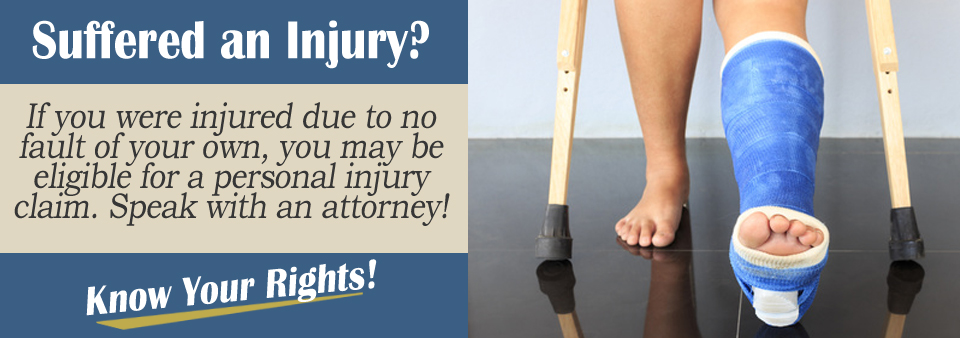The term “I never saw it coming” gets used a lot when discussing an auto accident, but the term has special relevance to victims of rear end car crashes.
Unless a driver had eyes focused on the rearview mirror, chances are good that the driver never saw the other vehicle approaching the back of the car. “I never saw it coming” also applies to the medical expenses after a car accident, which for a rear end accident, can drain the family bank account for years to come.
If you received injuries caused by a rear end car accident, you might be responsible at first for paying off the costs of medical care. However, the other driver might be responsible for your medical bills if the other driver caused the vehicle crash.
Who Pays for Medical Treatment?
Hospitals, doctor offices, and medical centers do not wait for the proverbial dust to clear before requesting payment for healthcare bills.
They all want their money yesterday, which makes it your responsibility initially to pay off medical bills. Down the road, you might qualify for compensation from the other driver depending on the state where you live and the type of car insurance coverage that you have.
Personal injury expenses for a rear end crash average around $15,000, with the total amount owed contingent on the speed of the vehicles at the time of the car accident. Faster speeds lead to higher medical bills. Some of the more common injuries include bruised ligaments and lower back muscles that can trigger pain long after you receive compensation.
The Role of No Fault Insurance
Who makes the quick payment of car accident medical bills frequently depends on whether the accident occurred in a “no fault” state. No fault car insurance is a policy that requires your auto insurance company to pay for at least some of your medical bills after a car accident.
Filing a personal injury claim in a no fault state can lead to a quicker resolution of a personal injury claim than what car insurance policyholders experience in “fault” states. As the name implies, no fault auto insurance pays out regardless of which driver caused a car accident.
Kentucky and Michigan are two of the states that mandate no fault auto insurance claims.

How the Remaining States Handle Personal Injury Claims for a Car Accident
States that do not have no fault auto insurance models typically require injured claimants to pay for medical bills. However, some of the states without no fault insurance allow claimants to receive Med Pay insurance benefits that are written into a car insurance policy.
Also referred to as Medical Payments coverage, med pay covers the medical expenses of a driver involved in a vehicle crash regardless of which driver caused the auto accident.
Med Pay can cover the following medical costs:
- Health insurance co-pays and deductibles
- Doctor visits
- Surgery
- X-rays
- Nursing care
Ask for a Free Case Evaluation
With the medical bills associated with a rear end accident running into the thousands of dollars, you should contact a personal injury attorney to determine how to proceed with an insurance claim.
Although living in a no fault state decides the outcome of most rear auto accident cases, you might live in a state the does not have a no fault car accident law on the books.
Wherever you live, you might have a strong case to file a personal injury claim that pays for your medical bills.